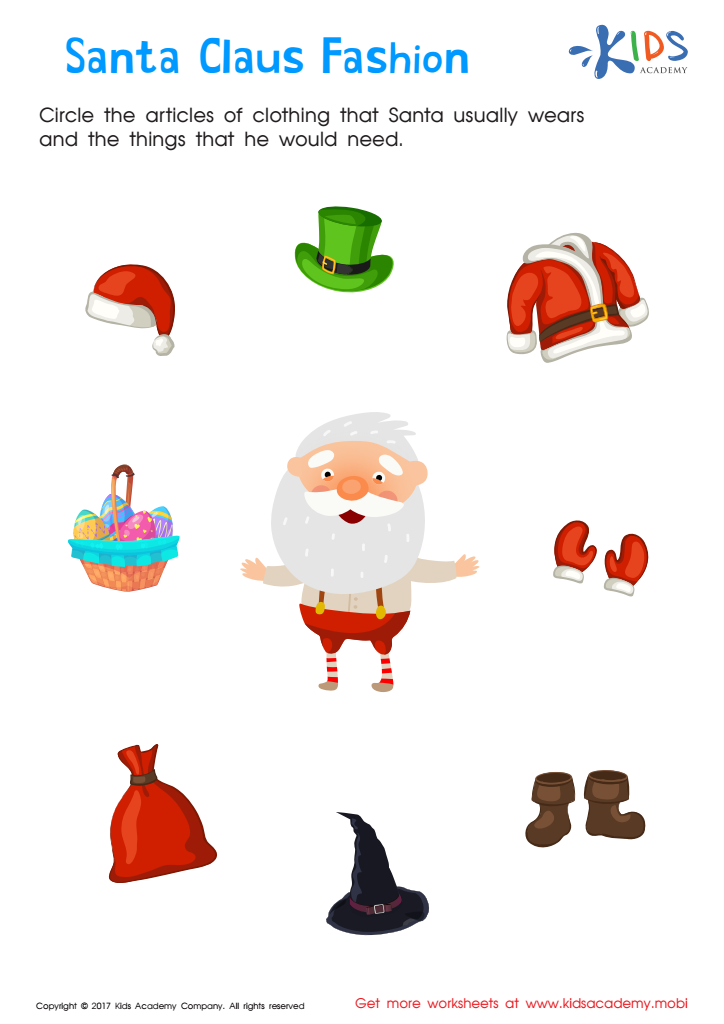Color recognition Social Studies Worksheets for Ages 4-9
6 filtered results
-
From - To
Enhance your child's social studies learning with our engaging Color Recognition Worksheets designed specifically for ages 4-9. These worksheets are not only fun but also crucial in helping young learners identify and understand colors in various contexts. By incorporating color recognition into social studies, children can explore cultural differences, community themes, and environmental awareness. Our interactive activities encourage creativity while fostering cognitive development and social skills. Perfect for parents and educators alike, these worksheets provide a comprehensive approach to early education, ensuring that kids grasp essential concepts through vibrant visuals and relatable scenarios. Download now to ignite your child's curiosity today!
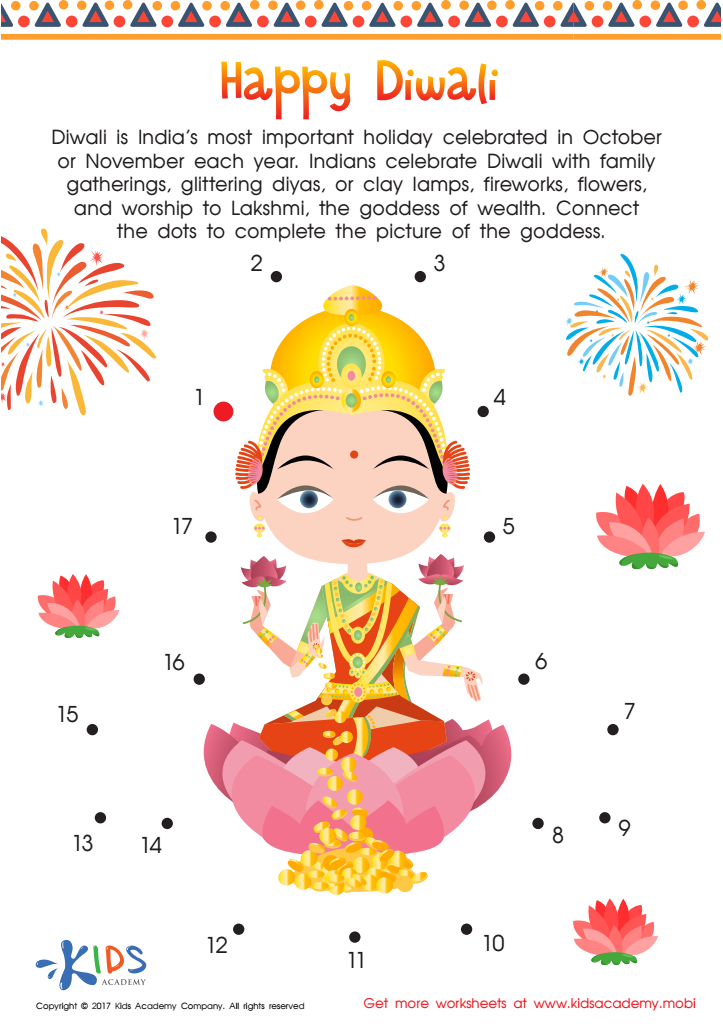

Happy Diwali Printable
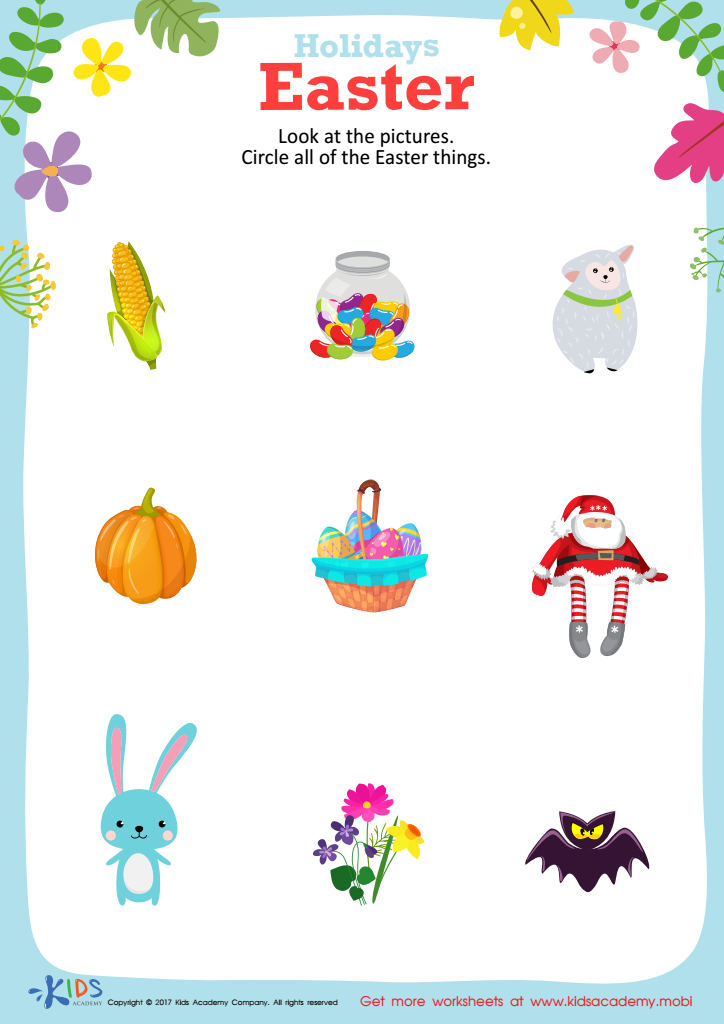

Easter Holiday Printable
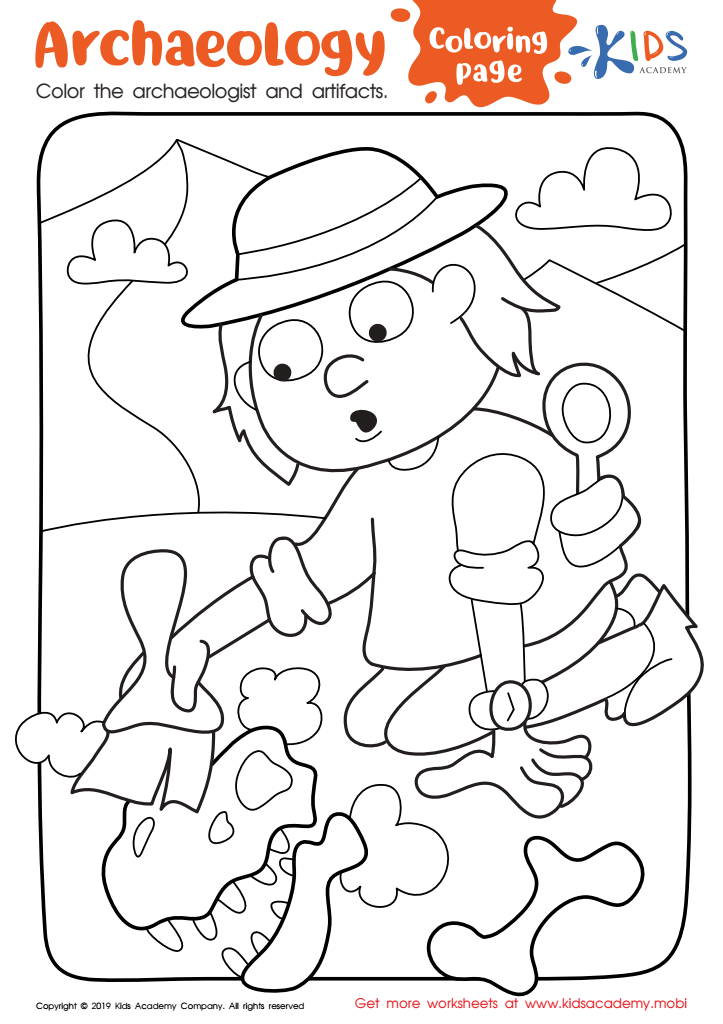

Archaelogy Coloring Page Worksheet
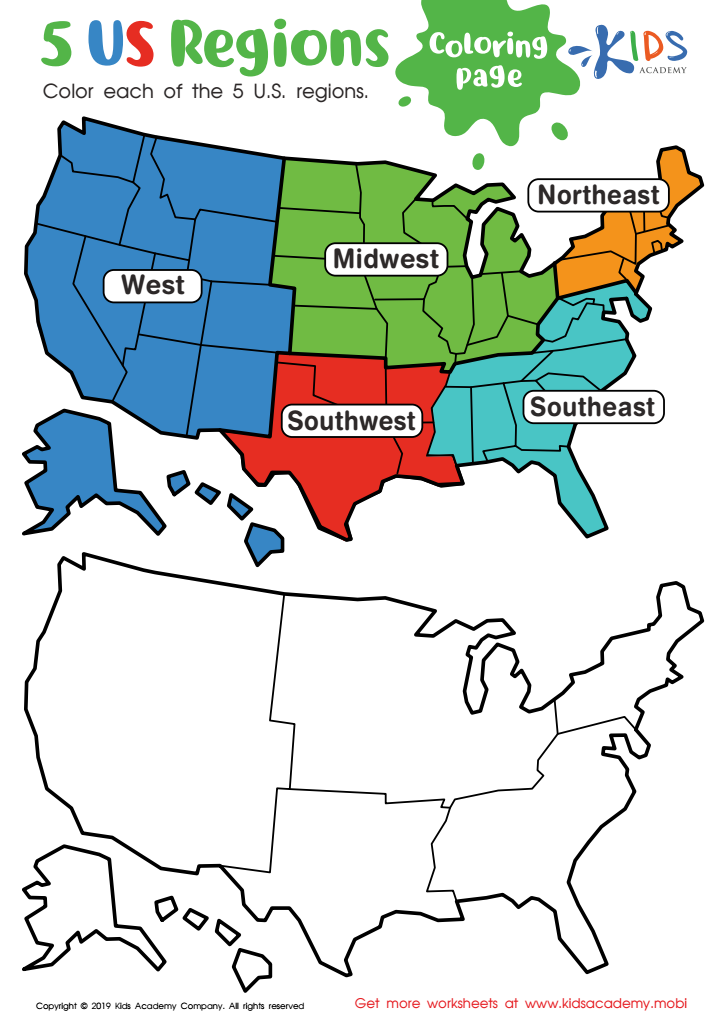

US Regions Coloring Page Worksheet
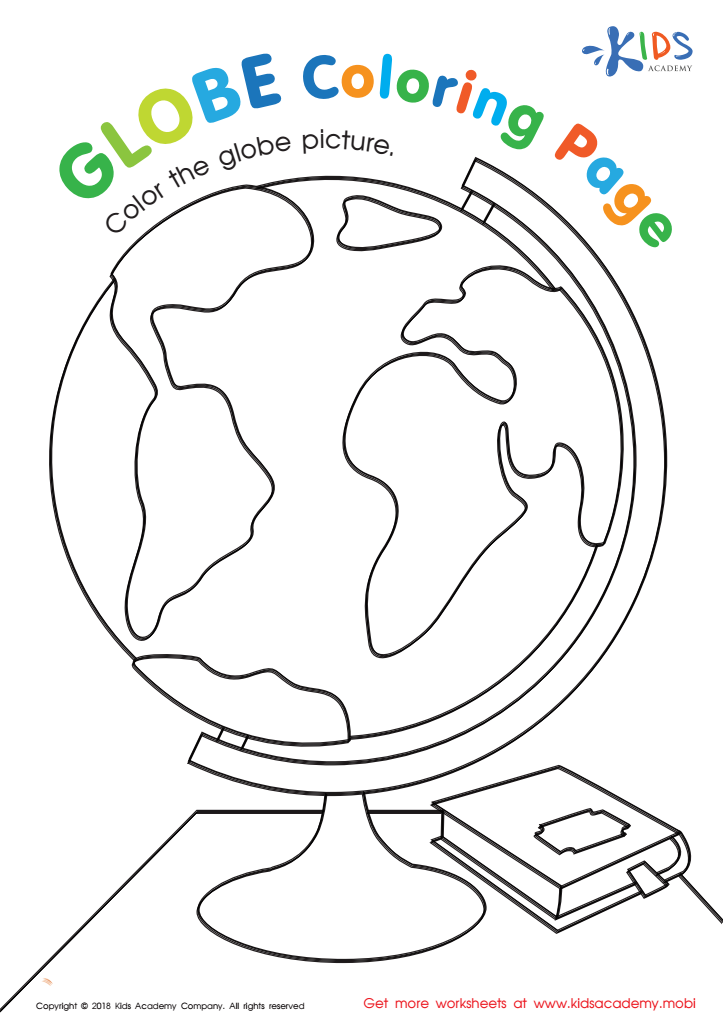

Globe Coloring Page Worksheet
Color recognition is a fundamental aspect of early childhood development, particularly in social studies, which plays a crucial role in helping children aged 4-9 understand their environment and the world around them. When parents and teachers emphasize color recognition, they facilitate children's ability to identify and categorize objects, which enhances cognitive skills such as memory and problem-solving.
Moreover, colors are often associated with emotions and cultural meanings, making them essential in social studies. Understanding the significance of colors in different cultures – from national flags to traditional attire – fosters cultural awareness and appreciation. Learning about colors in this context helps children engage with diverse communities, fostering empathy and inclusivity.
Additionally, color recognition supports language development, as children learn to articulate their observations, discuss differences, and express preferences. Activities that incorporate color sorting, art projects, or storybooks also encourage collaboration, promoting social skills as children work together to explore these concepts.
In summary, focusing on color recognition in social studies not only enhances cognitive and language development but also nurtures social awareness and emotional intelligence, making it a vital area of focus for parents and teachers in guiding children through their formative years.

 Assign to My Students
Assign to My Students
